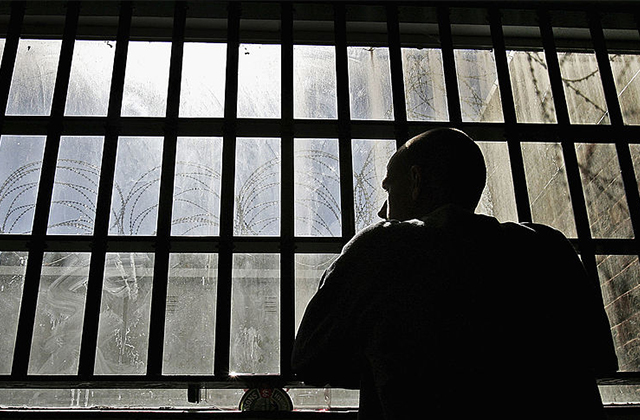This Organization Makes the Case for Prisoners in the EPA's EJ Plan

Yesterday (July 28) was the last day to submit public comment to the EPA’s EJ 2020 Action Agenda, which lays out how the agency plans to incorporate environmental justice into what it does. The Human Rights Defense Center took advantage of the EPA’s invitation and submitted an 11-page comment—all about prisoners.
The comment, signed by 138* organizations including Black Lives Matter—Kentucky and the Southern Poverty Law Center, is a follow-up to remarks the center submitted to the EPA in July 2015—remarks they believe the EPA ignored.
As this letter notes:
Despite more than a year of dialogue with EPA representatives and an in-person meeting in Washington, D.C. on June 10, 2016, the reason for this agency omitting or ignoring imprisoned people remains a mystery. Especially in light of other agencies, such as the Department of Energy (DOE) and the Atomic Safety and Licensing Board (ASLB), opting to do so in recent years, as we have referenced on page 4 of HRDC’s updated comment that is attached.
Yet EPA staff continue to make excuses, namely citing a legal concern that prisoners represent a speculative population that they are not equipped to analyze. Unfortunately, we are left feeling that this attitude represents the very “discriminatory effect” that Title VI and EO 12898 were written to protect communities against.
The center makes the point that Black and Latinx people are most likely to be incarcerated: Blacks at five times the rate of Whites and Latinx at nearly twice the rate. “If we can recognize there is a problem with forcing people to live in close proximity to toxic and hazardous environmental conditions, then why are we ignoring prisoners who are forced to live inside detention facilities impacted by such conditions?” the comment states.
This isn’t the first time the prison industrial complex enters the environmental justice conversation. Recently Grist explored the environmental conditions at New York City's notorious Rikers Island jail. In June, activists joined forces in Washington, D.C., to protest living conditions inside prisons.
Find the full letter here.
*This post has been corrected to reflect that the correct number of organizations that signed the letter is 138, not 93. Ninety-three signed onto the comment the center submitted last year.
